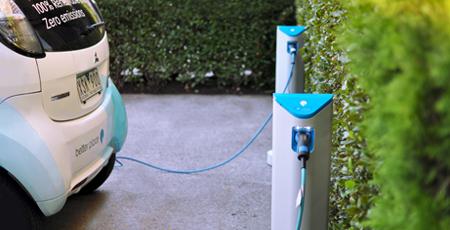A new toolkit to assist with sustainable urban development is the current project of researchers at RMIT University in partnership with the UN Global Cities Programme.
Professor Paul James, Director of RMIT’s Global Cities Research Institute, recently spoke to ABC Radio National’s Future Tense, where he described one part of the toolkit as something that allows a city to “assess what it needs to do and how it can do something to make a difference.” It is software will allow city planners to assess which direction the city should go in. Cities will put in a series of metrics which will allow the tool – and the cities – to look at the big picture and assess what impact a particular program will have.
For instance, James says, one of the questions the tool asks is what is the mix of electricity in the city. So that, for the city of Melbourne, if the program being considered is electric cars, the tool will take into account all the different factors, and in this case it will find that electric cars are not a good sustainability option. Because Melbourne’s electricity mix is largely made up of brown coal production system, so all that electric vehicles will do is move the carbon emmissions from the pulluting car to the pulluting electricity production.
The toolkit is not full developed yet, James says there is still a huge amount of work to do yet, but at the same time there are cities around the world already using part of it and using their methodology.
Healthy Family | Healthy World



